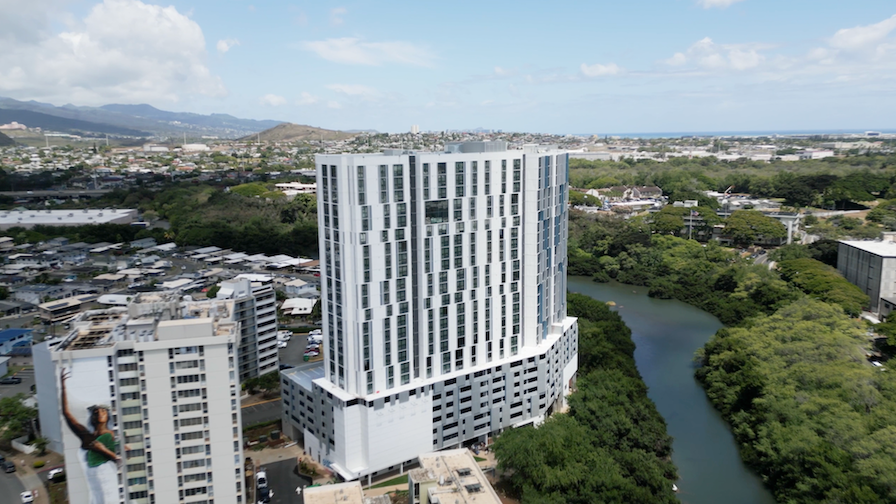
Unpacking Honolulu's Struggles with Short-Term Rentals
It’s no secret that Honolulu has long been a popular destination for tourists seeking sun, surf, and relaxation. However, amidst the beautiful beaches and stunning landscapes lies a complicated legal battle that impacts local residents and the housing market. The law regulating short-term rentals, including platforms like Airbnb and Vrbo, remains largely unenforced, raising questions about the balance between tourism and community well-being.
The Legal Landscape: Why Enforcement is a Challenge
Initially, local lawmakers aimed to establish a framework that would require short-term rental companies to report their bookings monthly, helping to regulate the burgeoning industry. But a lawsuit filed on behalf of vacation rental owners has stalled these efforts. As a result, reporting and compliance have taken a backseat, allowing unregulated rentals to flourish.
This legal limbo poses significant challenges for residents. Many local homeowners express concerns about noise, overcrowding, and the overall impact on neighborhood dynamics. In essence, the existing laws appear ineffective, leaving community members feeling frustrated.
Community Voices: The Human Impact of Short-Term Rentals
Residents of Pearl City, HI, are particularly vocal about the consequences of unregulated short-term rentals. They worry that the influx of tourists can disrupt the peaceful atmosphere they've come to cherish. Additionally, local businesses that cater to these visitors often question whether the economic benefits truly outweigh the challenges faced by residents in maintaining their neighborhoods.
This tension between tourism-driven revenue and community integrity raises crucial questions about the long-term vision for Honolulu. It prompts us to consider whose interests are prioritized in the conversation about short-term rentals.
Understanding Perspectives: Balancing Economic Growth and Local Needs
Supporters of short-term rentals argue that they can stimulate the local economy by providing additional income for homeowners and creating jobs in the hospitality sector. In contrast, critics advocate for stronger enforcement of existing laws to protect residential neighborhoods and affordable housing options.
According to a report by the Hawaii Tourism Authority, visitor spending remained high in short-term rentals, contributing $1.1 billion to the local economy in 2019. However, it becomes imperative to analyze how this wealth is distributed and who genuinely benefits from it.
Future Outlook: Where Does Honolulu Go From Here?
The future of short-term rentals in Honolulu hangs in the balance. Will the city finally take decisive action to enforce laws and ensure that all parties—residents, businesses, and tourists—share the benefits fairly? Significant community engagement and ongoing dialogue among stakeholders will be crucial in developing a framework that respects both the demands of the economy and the needs of its residents.
Call to Action: Advocate for Sustainable Solutions
As a resident of Pearl City, you have a voice in this conversation. Engage with local representatives, attend community meetings, and share your perspective with your neighbors. Together, we can cultivate solutions that respect the essence of our home while accommodating the growing tourism economy. Let’s work towards a balanced approach that prioritizes our community's welfare.
 Add Row
Add Row  Add
Add 




 Add Row
Add Row  Add
Add 








Write A Comment